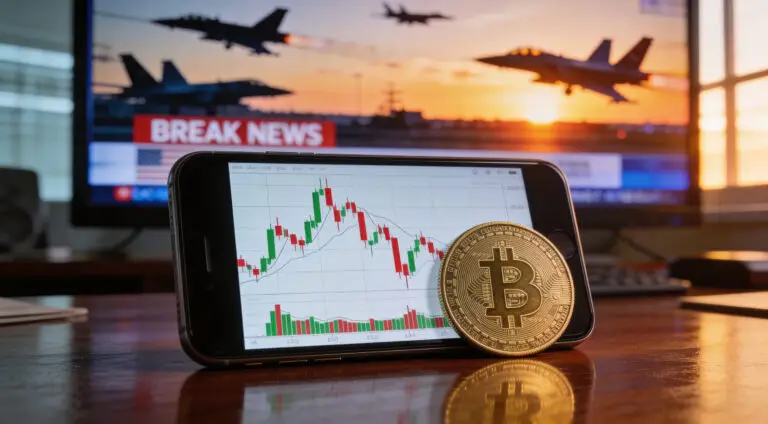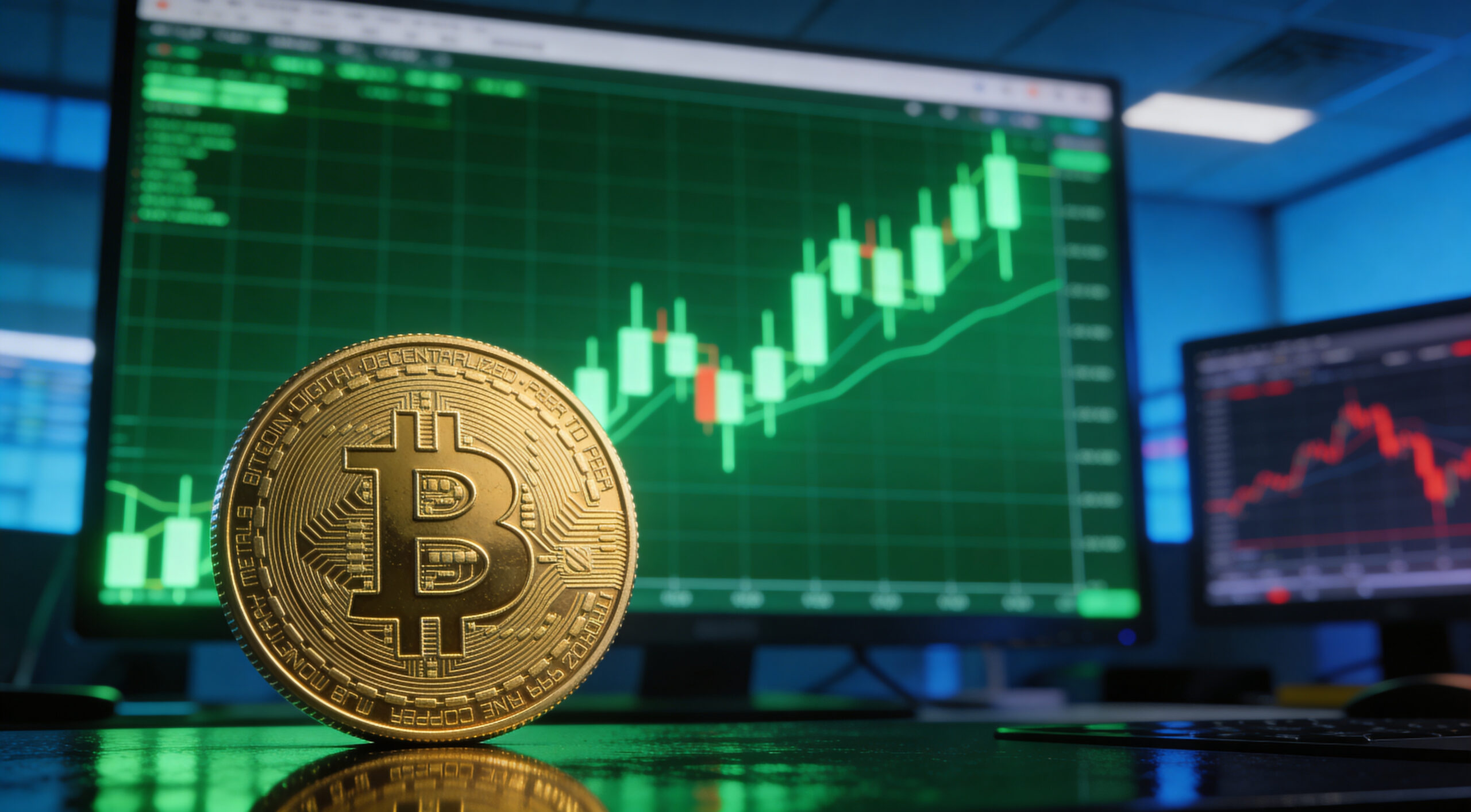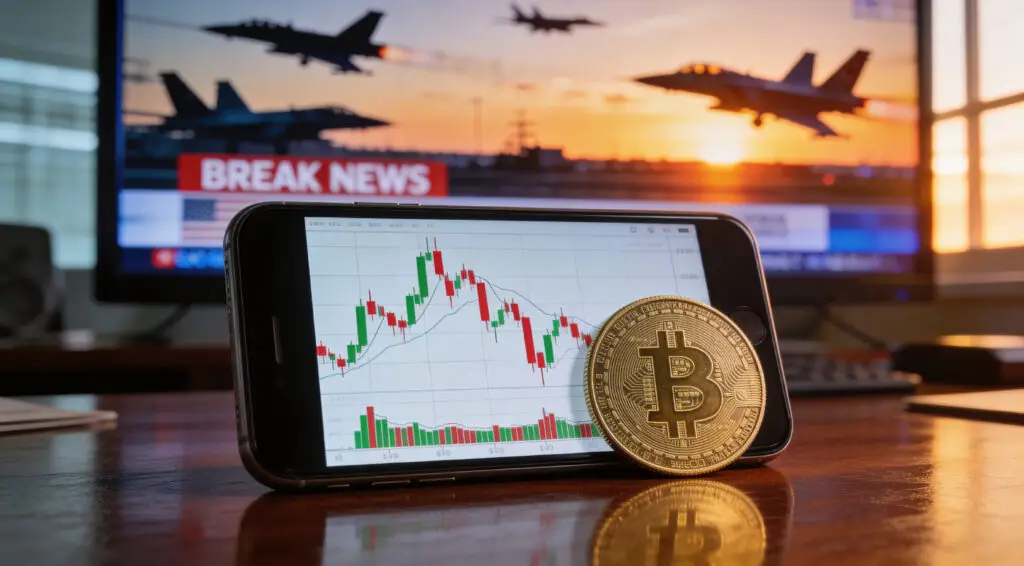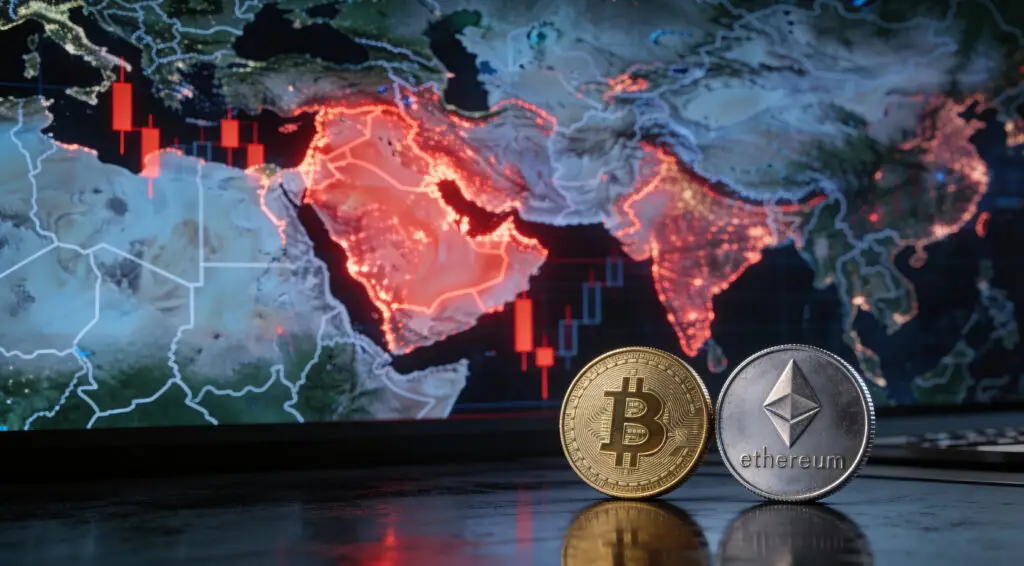Understanding Bitcoin’s Unique Value
The value of Bitcoin often confuses those new to the cryptocurrency world. For decades, people associated value with tangibility—something they could physically see, hold, or feel. Since Bitcoin isn’t backed by gold, controlled by a government, or even in physical form, the skepticism is understandable. Yet, it has grown to become a global economic force. This article will explain what gives Bitcoin its value, from its programmed scarcity to its decentralized network and growing utility.
Scarcity: The 21 Million Coin Hard Cap
Bitcoin’s value is primarily driven by its programmed scarcity. Much like gold and other rare resources, Bitcoin is finite by design. Its source code enforces a hard cap of 21 million coins, a limit that no one can change. New bitcoins are created through a process called mining, but the rate of creation slows down over time due to an event known as the Bitcoin Halving, which occurs approximately every four years. This built-in scarcity makes Bitcoin resistant to inflation, setting it apart from fiat currencies that can be printed in unlimited quantities.
Decentralization: A Network Without a Ruler
Unlike traditional fiat money, Bitcoin is not issued or controlled by a single central bank or government. It is maintained by a global network of computers, known as nodes, which are spread across the world. This decentralized nature gives users confidence that Bitcoin is fair, transparent, and immune to the manipulation that can affect traditional currencies. Transactions are validated in a trustless fashion, meaning there are no intermediaries to ensure fair play; everything is governed by code and cryptography. This open and permissionless system is a core component of its value proposition.
Security: The Power of Proof of Work
Bitcoin is an incredibly secure network, thanks to its Proof of Work consensus mechanism. Every transaction is verified and added to the blockchain through complex mathematical puzzles that require a vast amount of computing power to solve. This process is done by miners in exchange for BTC as a reward. Together, these miners form the most powerful computing network in the world. Once a transaction is confirmed, it is irreversible, tamper-proof, and public for anyone to verify. This level of transparency and integrity gives users confidence in the system.
Utility: Bitcoin’s Real-World Applications
Beyond its role as a store of value, Bitcoin is a functional currency and financial tool with numerous real-world use cases. It enables anyone to transfer value globally within minutes, from a few dollars to billions, for a minimal fee. For microtransactions, solutions like the Lightning Network, built on top of the Bitcoin blockchain, allow for low-cost, ultra-fast payments. In a world of increasing financial surveillance, Bitcoin offers users the freedom to move money on their own terms. This practical utility is a key reason for its growing adoption.
Recommended Article: Bitcoin Holdings Rise as MicroStrategy Buys $449M More BTC
Network Effects: Value Multiplies with Adoption
Bitcoin’s value increases as more people adopt it. This is a phenomenon known as a network effect. The more users, merchants, wallets, exchanges, and institutions that accept Bitcoin, the more useful and valuable it becomes for everyone. This concept is often described by Metcalfe’s Law, which states that a network’s value is proportional to the square of the number of its users. This means that each new user multiplies the value of the entire network. This flywheel of adoption and utility is a powerful driver of Bitcoin’s long-term growth.
Belief and Trust: The Social Consensus Behind Its Value
Ultimately, Bitcoin’s value is rooted in a shared global belief system. A $100 bill works because we all agree it has value, and Bitcoin is no different. Its value comes from the global consensus that it is scarce, secure, and useful as a form of money independent of any single authority. This belief has been reinforced by institutional adoption from major financial firms like BlackRock, corporate treasuries, and even nation-states. This growing trust adds weight to Bitcoin’s reputation and helps explain why people are willing to exchange real goods and services for it.














